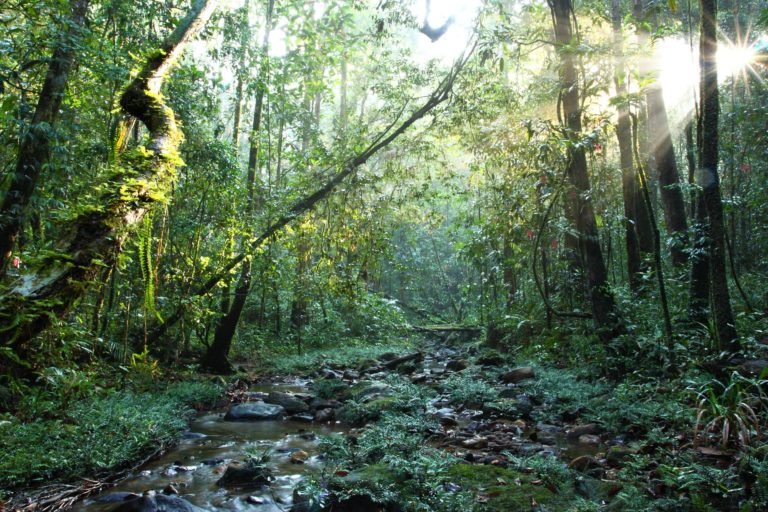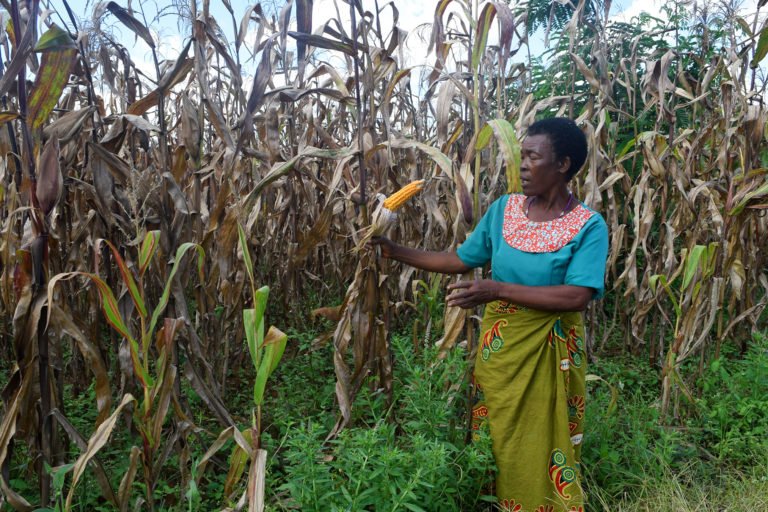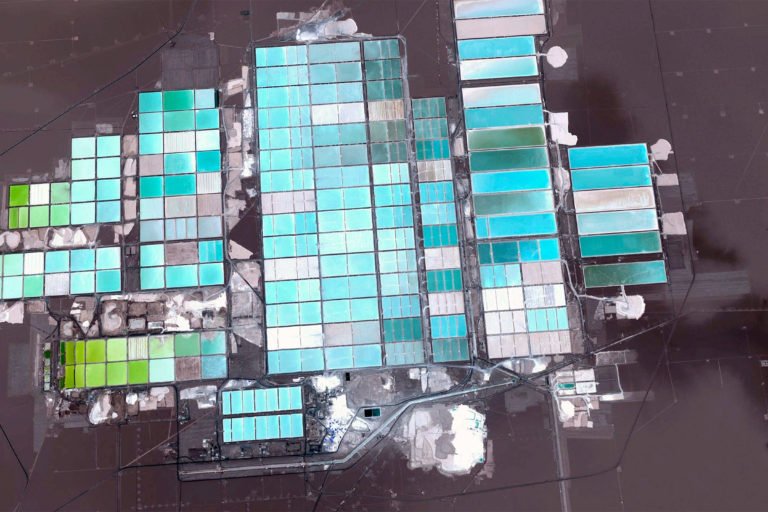- The government of Bolivia is currently negotiating with various foreign companies, including Argentina, the United States, China, and Russia, for the handling of its lithium extraction.
- Results of the bidding process should be announced within the next two weeks. A top contender is Russia: Moscow-based Uranium One Group has offered to extract Bolivia’s lithium reserves, operated by state-owned energy and mining giant Rosatom.
- Joseph Bouchard, a Canadian analyst focusing on geopolitics and security in Latin America, argues that Bolivia should not accept the Russian bid.
- This article is a commentary. The views expressed are those of the author, not necessarily of Mongabay.
The Arce government is currently negotiating with various foreign companies, including Argentina, the United States, China, and Russia, for the handling of its lithium extraction. The bidding war comes after long-fought efforts by the Bolivian government to extract the country’s lithium resources.
Results of the bidding process should be announced within the next two weeks. A top contender is Russia. Moscow-based Uranium One Group has offered to extract Bolivia’s lithium reserves, operated by state-owned energy and mining giant Rosatom.
The bid is wrapped in controversy given Russia’s ongoing invasion of Ukraine. Energy and mining firms like Uranium One/Rosatom have a stake in the invasion, as they have moved quickly into Ukrainian territory to secure natural resources and extraction-conversion plants.
Finland has already canceled its nuclear-energy deal with Uranium One/Rosatom over the invasion. Bolivia should follow suit and not move forward with the Uranium One/Rosatom bid for its lithium.
Were the Arce government to accept the Russian bid, Bolivia would promptly become a pariah state on the regional and international stage.
Countries all over the globe, most prominently in the Western hemisphere, have put sanctions on the Putin regime and have ceased trade and commercial dealings with Russia. Included within this are energy deals, as many Western countries have canceled natural resource extraction and trade agreements with Russia since February, including Germany, Canada, and the United States.
Countries that have continued to engage commercially with Russian state-owned firms and the Russian regime have been roundly condemned by the most powerful members of the international community.
Let us take Pakistan as an example. In a New York Times report circulated in late February, it was found that the Khan government met with the Putin regime to secure an energy deal, namely an oil pipeline, between Russia and Pakistan.
The rumored deal was met with widespread condemnation from NATO members, human rights activists, security analysts, and others, forcing the deal to practically die in the water.
A similar fate awaits Bolivia if it decides to move forward with this deal. Bolivia would find itself isolated from many key partners in Latin America and the West, which it relies on for much of its economic prosperity and human development.
Bolivia would also be threatened by sanctions over tacitly supporting the war in Ukraine through the deal, as Russia and its financial backers have received extensive and crippling sanctions.
Moreover, the bid could have negative repercussions for Bolivia’s role in the fight against climate change. Russia has lower environmental standards and regulations for its companies. Where Russia has handled energy resources, environmental incidents have been commonplace.
Bolivia, especially under the leadership of Evo Morales and now Luis Arce, has attempted to position itself as a champion of indigenous and environmental rights. The rhetoric around the lithium mining bidding war has been similar, with the Arce government repeatedly citing the importance of lithium in the transition towards renewable energy futures in public.
Were Russia to handle the extraction of Bolivia’s lithium resources, lower standards and regulations could result in environmental disaster. The technology surrounding the extraction of lithium remains fragile, and Bolivia should not cut corners by choosing Uranium One/Rosatom.
Despite the lower financial cost it might offer, the bid could potentially bring catastrophic environmental costs in the longer term.
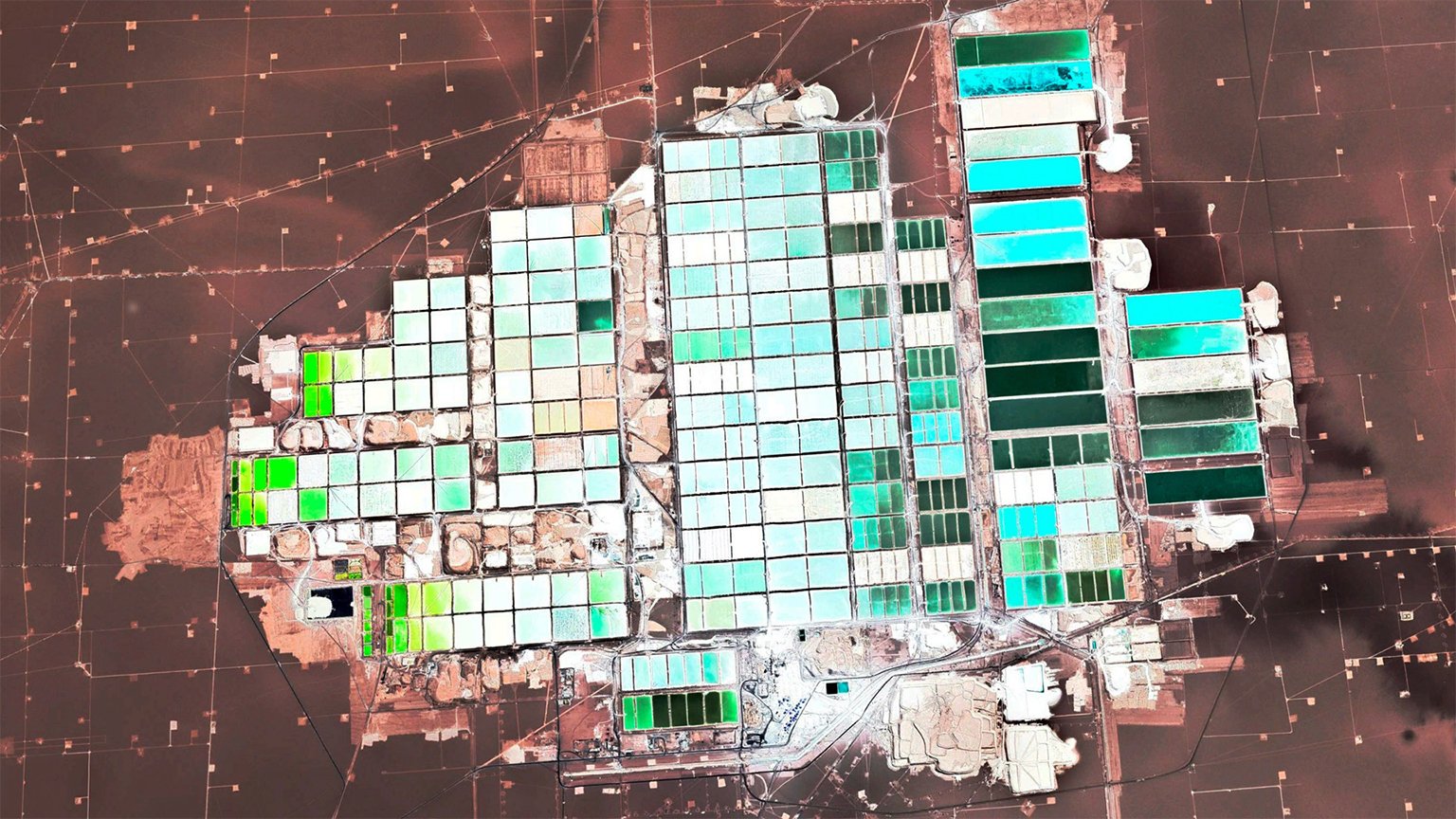
There are other geopolitical risks associated with the bid, as well. In the past, Russia has not shied away from using energy and mining assets around the world to assert its geopolitical dominance.
Specifically, Russia has threatened to cut or fully cut energy supplies and commercial activities as a way to exert pressure on non-compliant states.
In the run-up to the invasion of Ukraine, Russia had cut energy supplies – including electricity – to some Eastern European states as a show of force against NATO and to threaten those states into compliance. Russia also cut natural gas flows to Finland in May after Finland pulled out of the nuclear energy deal.
If Bolivia accepts Russia’s bid, the Arce government runs the high risk of Russia using its extraction infrastructure as a pawn in a geopolitical game over hegemony in Latin America. Such a risk becomes greater as the great powers – namely the United States, China, and Russia, increase geopolitical competition in Latin America and throughout the Global South.
Most Bolivians would also not see the benefits of this deal. Russia is a kleptocratic state, where company CEOs, most prominently in the energy, mining, and military sector, are appointed to key formal and informal posts in government.
The government has a direct stake in these companies, and government figures benefit from state-run commercial enterprises like Uranium One/Rosatom.
Vladimir Putin and his cronies in the Kremlin would be the main benefactors of this deal, not the Bolivian people. The project would mainly employ Russians, not Bolivians, and would, in practice, be run directly by the Kremlin.
Russia’s energy and mining projects around the world bring little economic activity to the local communities they impact. Instead, they serve as the pet projects and money makers of the elite in the halls of power in Moscow, furthering the gap between the poor and the powerful in Russia.
This potential lithium deal with Russia would threaten the future of Bolivian democracy and human rights. Bolivia’s democracy is a fragile one.
In 2019, the country suffered a political crisis marked by a de facto coup orchestrated by right-wing Interim President Jeanine Añez. Fortunately, the 2020 elections brought a peaceful transition of power and a return to constitutional and democratic rule.
Yet, Bolivia’s history has been marked by a decades-long struggle between democracy and authoritarian rule by the country’s economic, political, and military elite.
Russia, itself a kleptocratic authoritarian state that disrupts liberal-democratic institutions and processes globally, has already disrupted Bolivian democracy, as well.
During the Cold War, Russia backed authoritarian-Communist rebel groups in Bolivia and broader Latin America. Most recently, Russia has sent weapons to authoritarian regimes and illicit armed groups, including the regimes in Cuba and Venezuela.
Were Russia to win this deal, it would have significantly more leverage, influence, and power over governance and human rights in Bolivia, as it would control the country’s most important natural resource. It could, then, threaten Bolivian democracy from within.
Such a risk is not worth taking, especially given the decrepit state of global democracy.
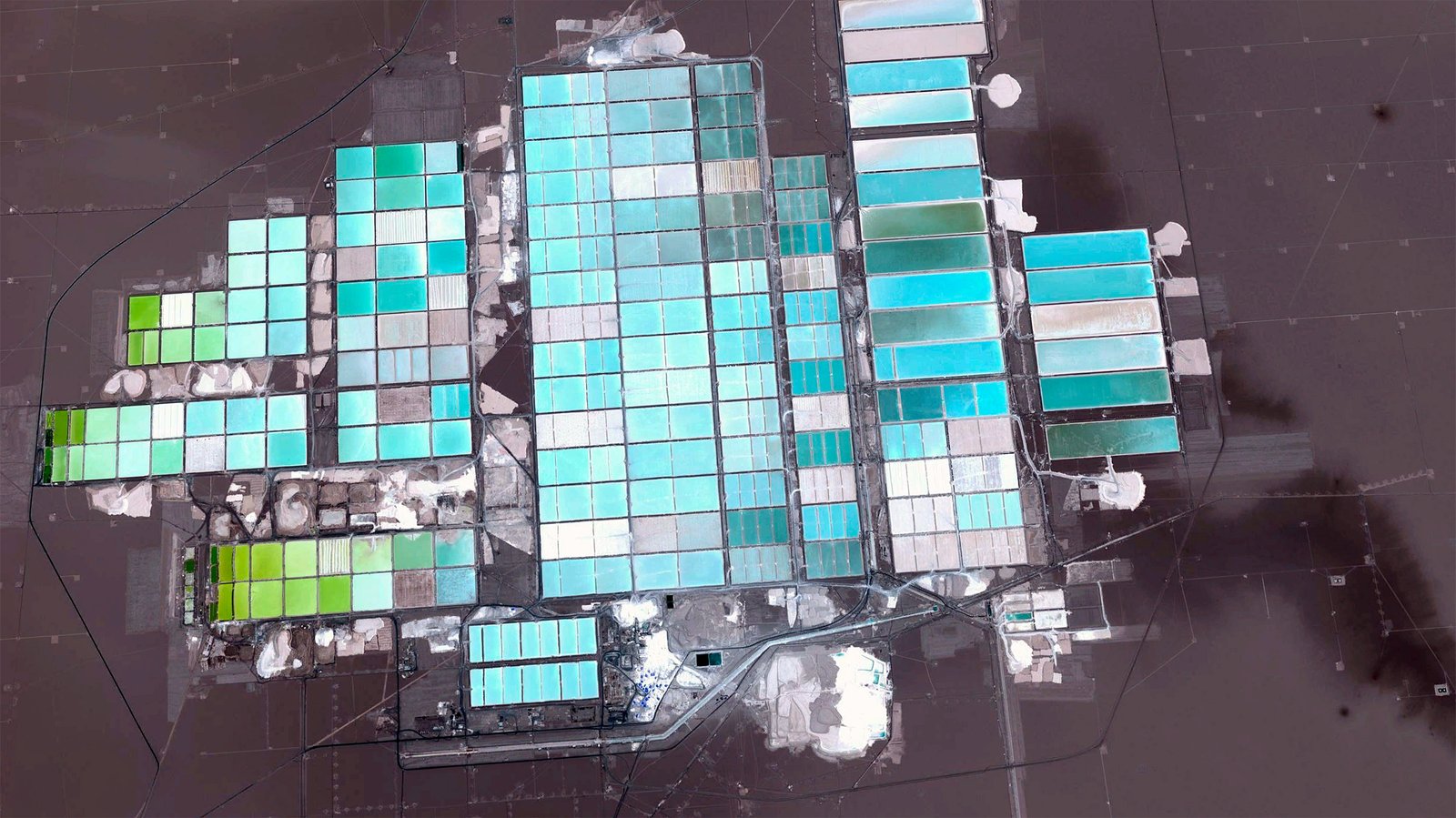
Safe to say, there are various uncertainties associated with the deal. Risks to democracy, human rights, environmental protections, and national-regional stability should be taken seriously.
Those risks could themselves be dangerous for Bolivia, scaring off economic investment in adjacent commercial sectors. It would, therefore, be in the best interest of the Bolivian government and its people not to pursue the lithium deal with Russia.
Instead, it should invest in an option that helps make Bolivia safer, freer, more prosperous, and greener, without providing undue amounts of influence to a geopolitically-ambitious great power like Russia, which is itself submerged by scandals and violations of the very values the Bolivian state should stand for.
Joseph Bouchard is a Canadian analyst focusing on geopolitics and security in Latin America. Based in Bogotá, he has previously written for The Diplomat, NATO, Spheres of Influence, and the City Paper Bogotá. He also serves as a Researcher with the Climate Security Program at the Igarapé Institute in Rio de Janeiro, and a Master of International Affairs candidate at the Bush School of Government at Texas A&M University.


